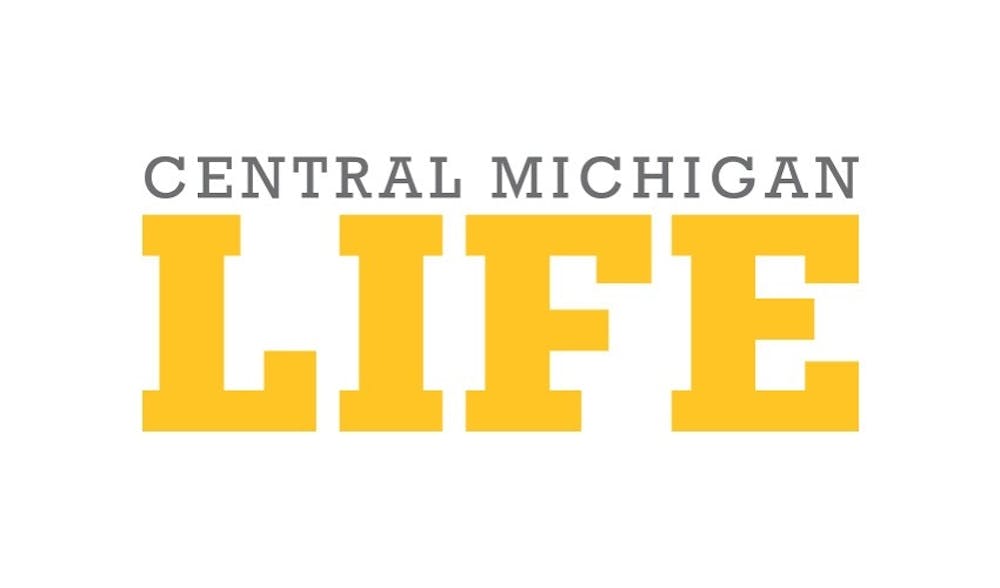Letter: Humane Society offers tips on pet health
The Humane Animal Treatment Society provides financial help for spaying/neutering pets.
Isabella County pet owners may submit a written request for certificates to: HATS, PO Box 732, Mt. Pleasant, MI 48804-0732; include a business size SASE and their phone number with their request. See www.hatsweb.org; call 330-3435 for more details.
Since 1999, HATS has helped find homes for over 10,000 animals and has a brand new Health Clinic to help spay and neuter pets. The save rate is over 90% which is one of the highest in the country.
Several animal topics are covered under the Michigan Compiled Laws.
Adequate Care: Means the animal must be provided with sufficient food, water, shelter, sanitary conditions, exercise and veterinary medical attention in order to maintain that animal in a state of good health.
Neglect: Means to fail to sufficiently and properly care for an animal to the extent that the animal's health is jeopardized.
Sanitary Conditions: Means space free from health hazards including excessive animal waste, overcrowding of animals, or other conditions that endanger the animal's health.
Shelter: Means adequate protection from the elements and weather conditions suitable for the age, species, and physical condition of the animal so as to maintain that animal in a state of good health. Shelter, for livestock, includes structures or natural features such as trees or topography.
Shelter for a dog shall include one or more of the following: 1) The residence of the dog's owner or other individual. 2) A doghouse that is an enclosed structure with a roof and of appropriate dimensions for the breed and size of the dog. The doghouse shall have dry bedding when the outdoor temperature is or is predicted to drop below freezing. 3) A structure, including, but not limited to, a garage, barn, or shed that is sufficiently insulated and ventilated to protect the dog from extreme temperatures.
State of Good Health: Means freedom from disease and illness, and in a condition of proper body weight for the age and species of the animal, unless the animal is undergoing appropriate treatment.
Finally, here some tips for dog dental health?
Puppies get permanent teeth between 4 months and 7 months of age. Clean their teeth with a dog toothpaste or a baking-soda-and-water paste once or twice a week.
Use a child's soft toothbrush or a gauze pad over your finger. Some dogs develop periodontal disease, a pocket of infection between the tooth and the gum.
This painful condition can result in tooth loss and is a source of infection for the rest of the body. Veterinarians can clean the teeth as a regular part of your dog's health program.







